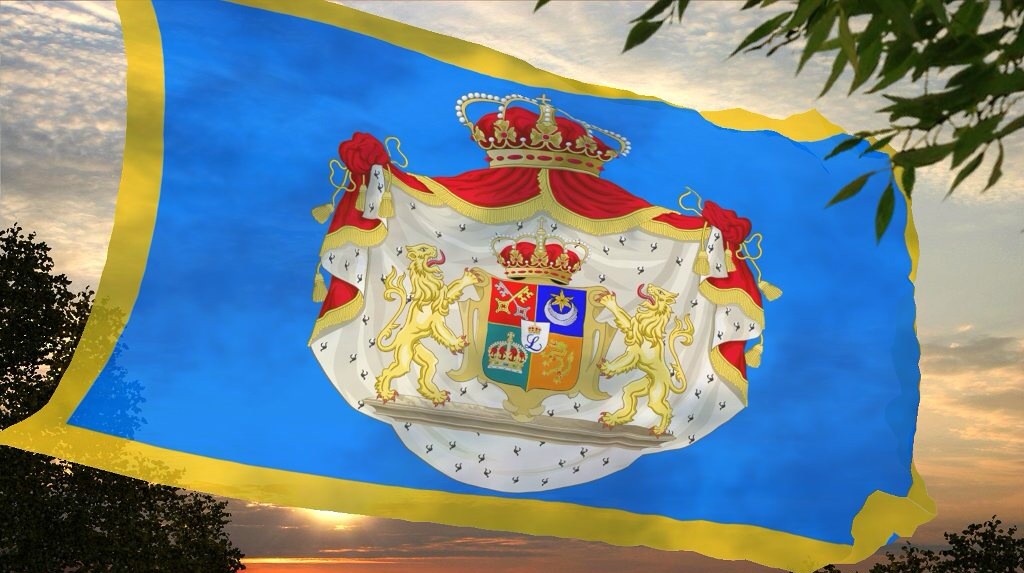The word “tempest” sounds very close to the Latin word “tempus” which is time, linguistic study shows that that word did originate from “tempus” in medieval Latin for weather. The work by William Shakespeare is certainly a great work of many times, not only could it be interpreted as a “exeunt” way (Pun*) to exit the stage (yet another joke), but it can also be used as a reflection on the changing times and also how things change with time. There are dozens of ways the work has been used to address issues in the contemporary world especially on equality and human rights and such, however not as common do we hear on the news of some former leader stranded on an island plotting revenge. What we can learn most about time from the Tempest, is that all storms will die out, and as in the play, time itself fades the storm in Prospero’s head and finally reconciles with the entire event by being restored to his dukedom.
Monthly Archives: October 2014
Sailing The Ship of State
I could very much use this post to promote The Empire of Celestria and my other hobbies, but I shall not, but from my own understanding of Antigone is that Antigone and Kreon are jousting in a ideological battleground. On one side of the field, Antigone is the knight (alluring to Kierkegaard) of the Gods and also on familial loyalty and juxtaposed against her is the state himself, Kreon, King of Thebes, who stands for himself (Thebes).
The two are at the extremes of their argument, and both dismiss their close relatives for their questionable support. Much of the focus is put on understanding the perhaps Sophocles’ anachronistic characterization of Antigone, and much is lost on trying to understand Kreon. Just as how many of our contemporary politicians have been found to contradict their own previous statements and lose face at the mercy of the media.
Kreon stands very confident with his edict, and is unbending and refuses to concede as that would in his words make Antigone the king. Would there be consequences if Kreon revoked the edict earlier perhaps? I doubt it, in fact if the tragedy were not as it was, Kreon may have could have had the better ending if he took his law back before something immense was cursed upon Thebes as the prayers and offerings to Olympus were rejected.
Kreon is up to his neck in his own hubris, even if the population found out that the King was being using his powers arbitraily for no good use (as many tyrants do (the word tyrant actually comes from the greek word tyrannos, which is the name for the ruler of the polis)), one would suppose that they could not do much to usurp Kreon; as Kreon controls the army, his own heir will or has been disowned, Antigone is Hades-bent on becoming Really-gone, and Ismene, well she does not matter much in politics anyway.
Kreon however, much like a over dramatic philosopher that we all have heard of, will defend his words if it be the last thing he does, but Kreon bends in the end, but perhaps the ship may have been already dismasted. In short, Kreon could have crawled out like a crooked politician and buried it under the rug, but instead he is blasting “Turn down for what?” and is about to face the music.
